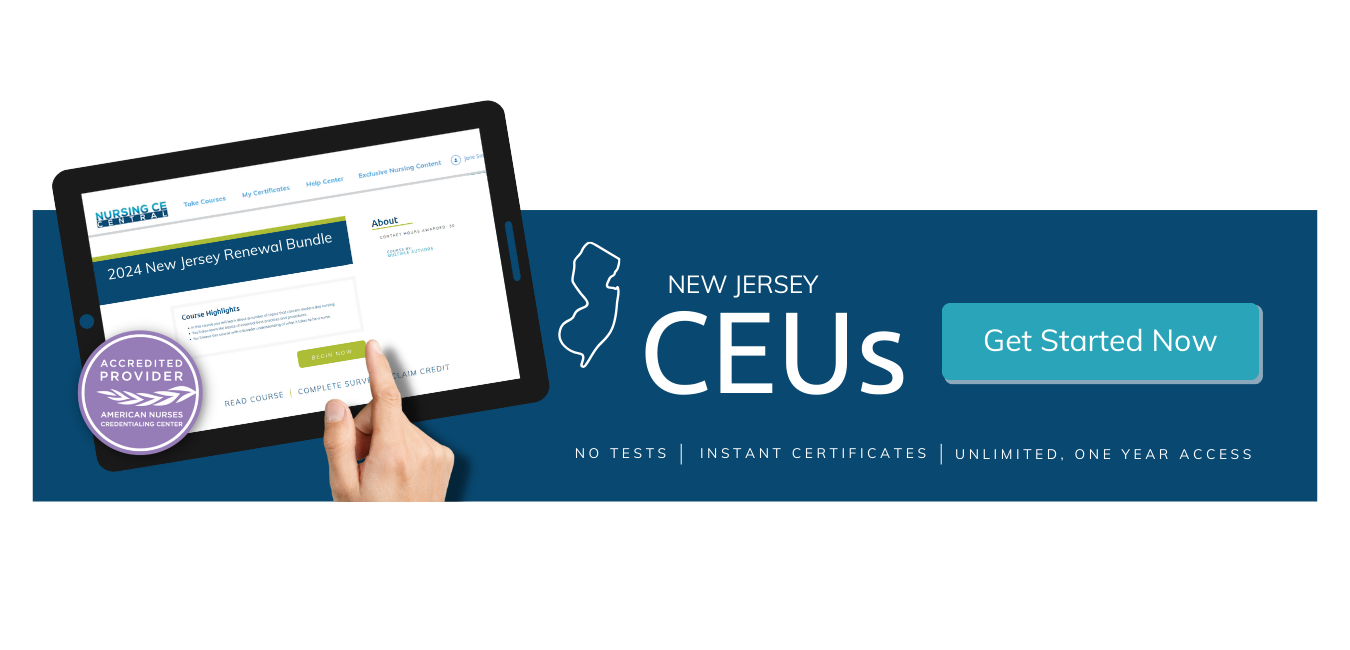What Is a Nurse Continuing Education Audit?
Continuing education audits are usually randomly selected by the state board.
If you renewed your license 30 days after its expiration date, or if you’ve been disciplined by the nursing board previously, you’re more likely to be selected for a continuing education audit
If selected, you’ll be notified when you go to renew your license. You will be asked to send copies of your continuing education records to the state board, along with any other requested information,
This is why you should keep all continuing education records for at least four years after completion. Some CE providers, like Nursing CE Central, may even keep records for you.
You may have up to 30 days to respond to the audit request and provide your information.








